At TIFF50, the world premiere of The Man in My Basement brought together literary legend Walter Mosley, director Nadia Latif, and Hollywood star Willem Dafoe for a gripping new adaptation of Mosley’s acclaimed 2004 novel. AfroToronto was on hand to photograph the red carpet, where a talented cast and crew showcased the strength of Black creativity in contemporary cinema.
The red-carpet premiere of The Man in My Basement at the 50th Toronto International Film Festival on September 5, 2025, stood out as part of the festival’s broader celebration of diverse storytelling. Adapted from Walter Mosley’s 2004 novel, the film examines the complex intersections of race, history, and guilt. The atmosphere on the red carpet reflected the strength and range of Black creative talent behind the project.
Black creative excellence behind the film
From Walter Mosley, whose acclaimed writing continues to influence generations of storytellers, to Nadia Latif, the Sudanese-British director making a confident and distinctive feature debut, The Man in My Basement represents a thoughtful continuation of Black artistic expression across literature and film. Behind the scenes, several Black producers—Jason Aidoo, John Giwa-Amu, and Diane Houslin—helped bring this adaptation to life through their commitment to authentic, character-driven storytelling.
Costume designer Lynn Ollie also played a crucial creative role, utilizing wardrobe to subtly convey the film’s emotional shifts and class contrasts. Her designs reflect each character’s inner conflict while grounding the story’s visual identity in cultural realism.
Composer Robert Aiki Aubrey Lowe, known for his textured, experimental soundscapes, contributes a haunting score that amplifies the film’s psychological and spiritual layers. Together, this group of creators represents a spectrum of global Black talent—bridging literature, music, and film in a way that feels both timely and enduring.
A dynamic cast and on-screen collaboration
At the heart of the film is Corey Hawkins, whose portrayal of Charles Blakey anchors the story with quiet strength and emotional nuance. Anna Diop, as Narciss Gully, brings empathy and balance to the film’s tension, her presence adding depth and cultural resonance to the narrative.
On the red carpet, Willem Dafoe’s presence added undeniable star power to the evening. As one of Hollywood’s most respected actors, his participation in a project rooted in Black storytelling underscores how Mosley’s work continues to transcend cultural boundaries. Dafoe’s collaboration with Hawkins created a striking visual and emotional contrast that mirrors the story’s central dynamic — two men from different worlds brought together by shared moral confrontation.
A story that resonates beyond the screen
The mood at the TIFF Bell Lightbox was both celebratory and reflective. Cast members exchanged smiles and conversation, while Walter Mosley greeted us warmly, his calm confidence reminding everyone of the literary foundation on which this film is built. Nadia Latif engaged with the press with a mix of humility and assurance, signalling a new voice in cinema that is both thoughtful and grounded.
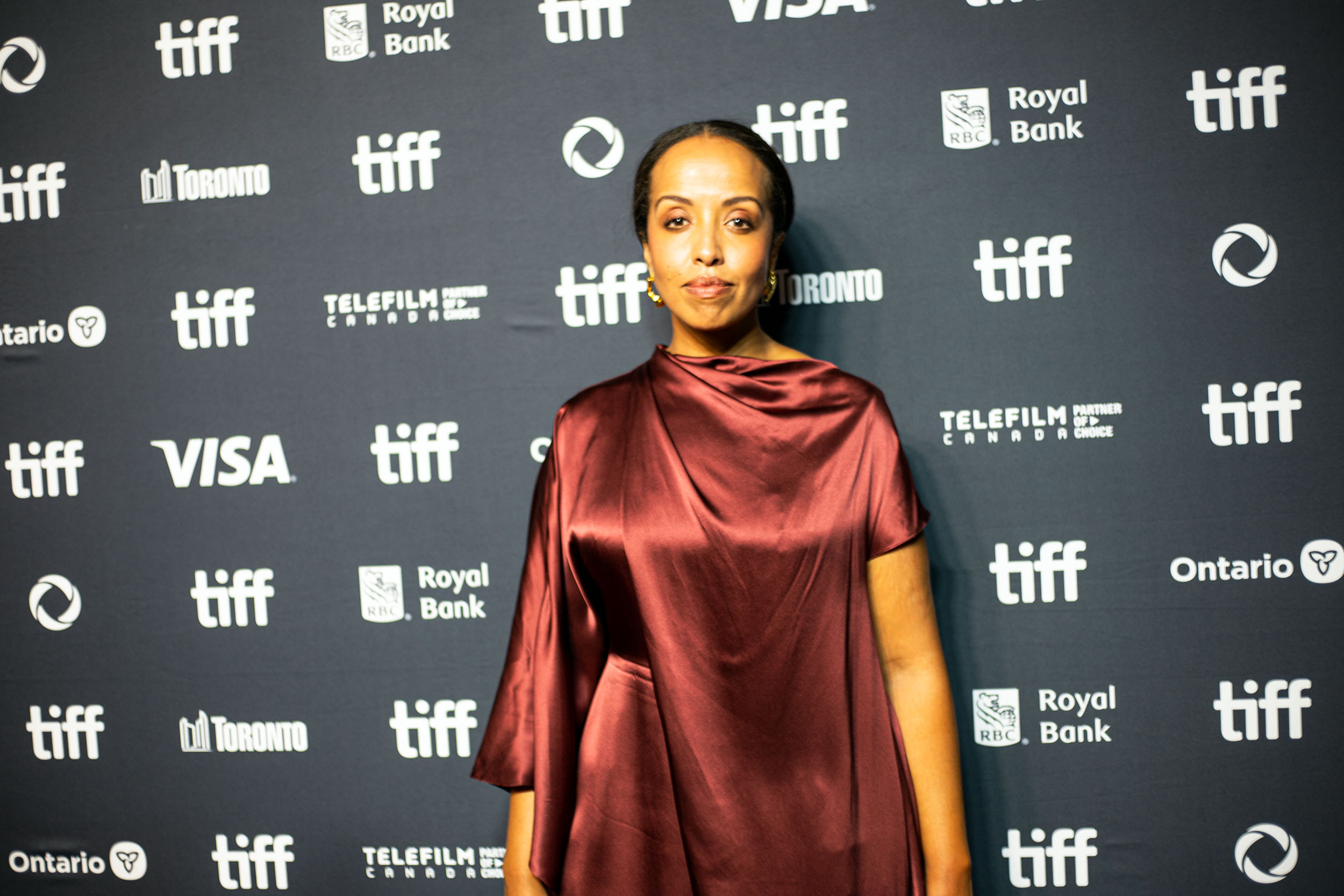
The project’s strength lies not only in its performances but also in the collaborative spirit that surrounds it. Latif’s background in theatre, with work for the Royal Shakespeare Company and National Theatre, informs her confident handling of dialogue and psychological tension. Her partnership with Mosley in adapting the screenplay gives the film an authenticity rooted in the author’s own voice, preserving the novel’s moral complexity while finding a new visual language for it on screen.
Early critical responses have been measured but engaged. The Guardian described Dafoe as “an unsettling and hypnotic presence” and praised Latif’s command of tone. RogerEbert.com highlighted the film’s “intelligent use of atmosphere and restraint,” noting Hawkins’ layered performance as one of quiet power. The New York Times acknowledged Latif’s ambition, calling the film “visually confident and thematically dense,” even as it observed that its symbolism “occasionally feels heavy.” Collectively, the reviews reflect a debut that values substance over spectacle.
The Man in My Basement stands as an example of how Black storytelling, when brought to life through collaboration and care, can find new meaning in global cinema. With Mosley’s steady influence, Latif’s vision, and Dafoe’s cinematic presence, the film’s debut at TIFF50 reflected a meeting of artistry and purpose that will stay with those who witnessed it.

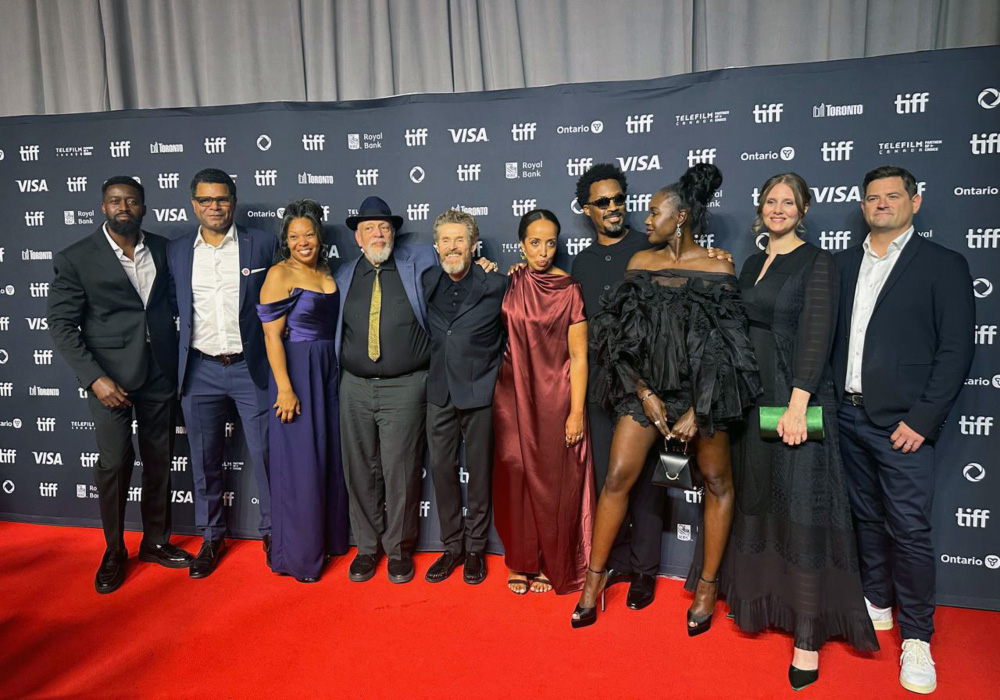
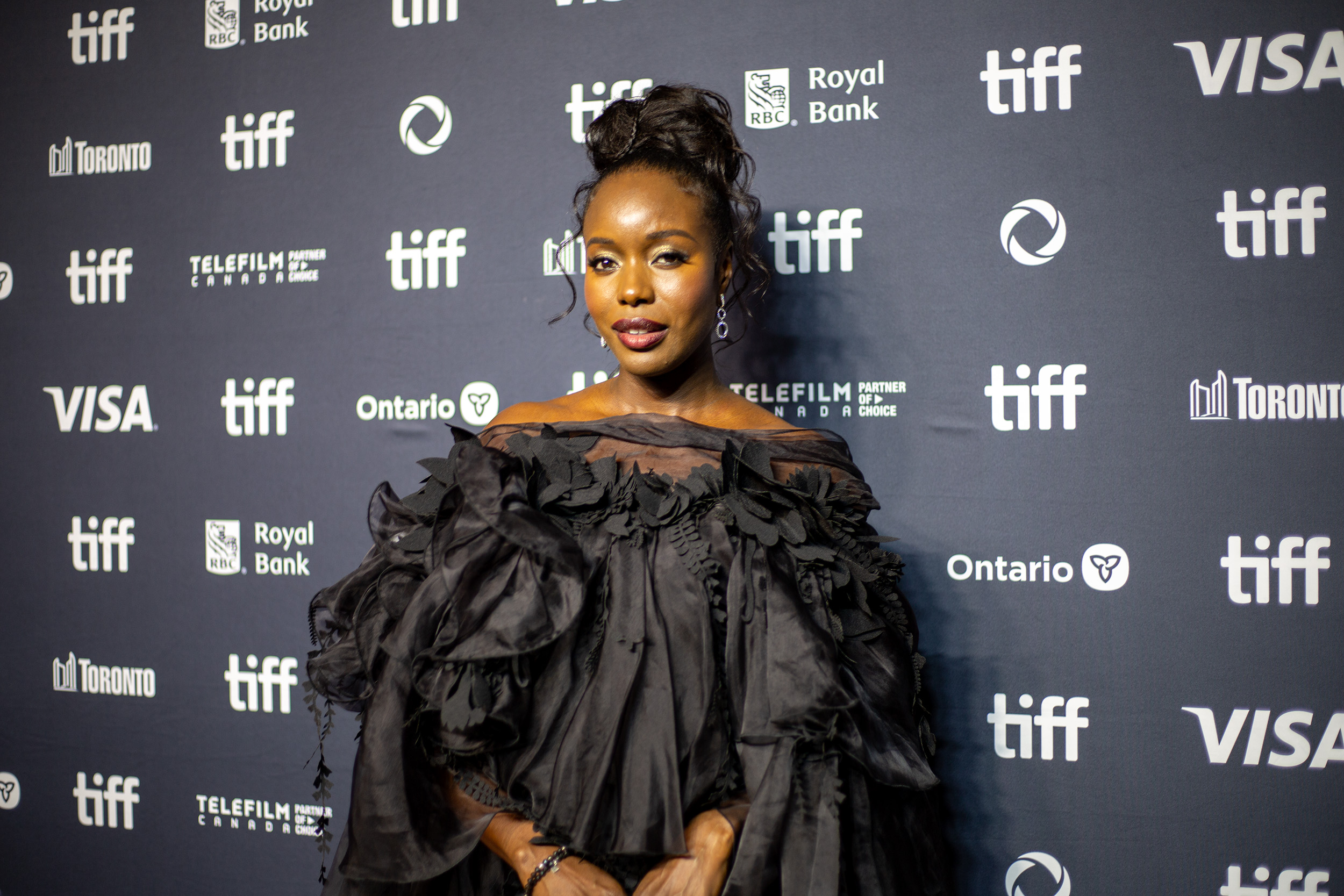
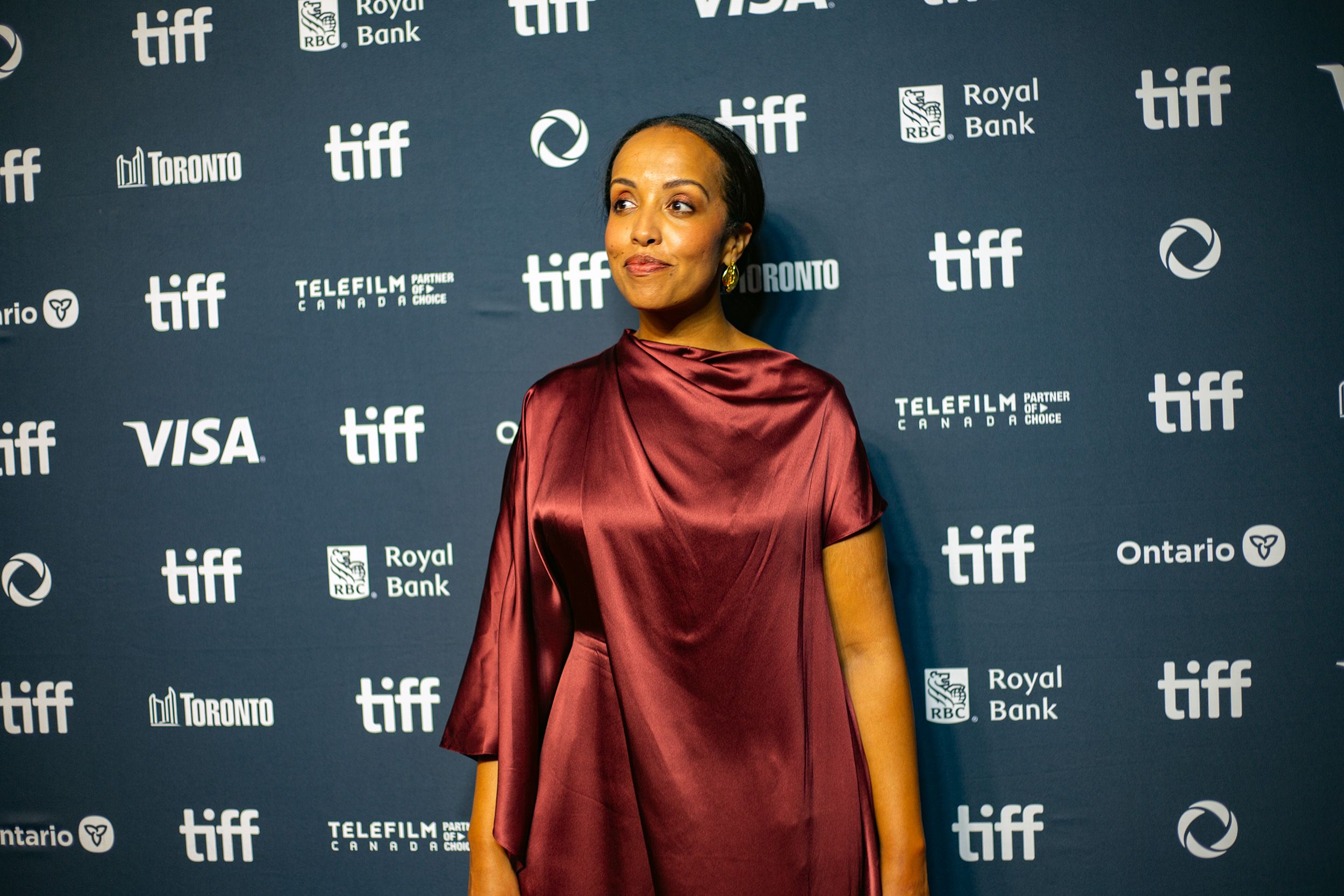



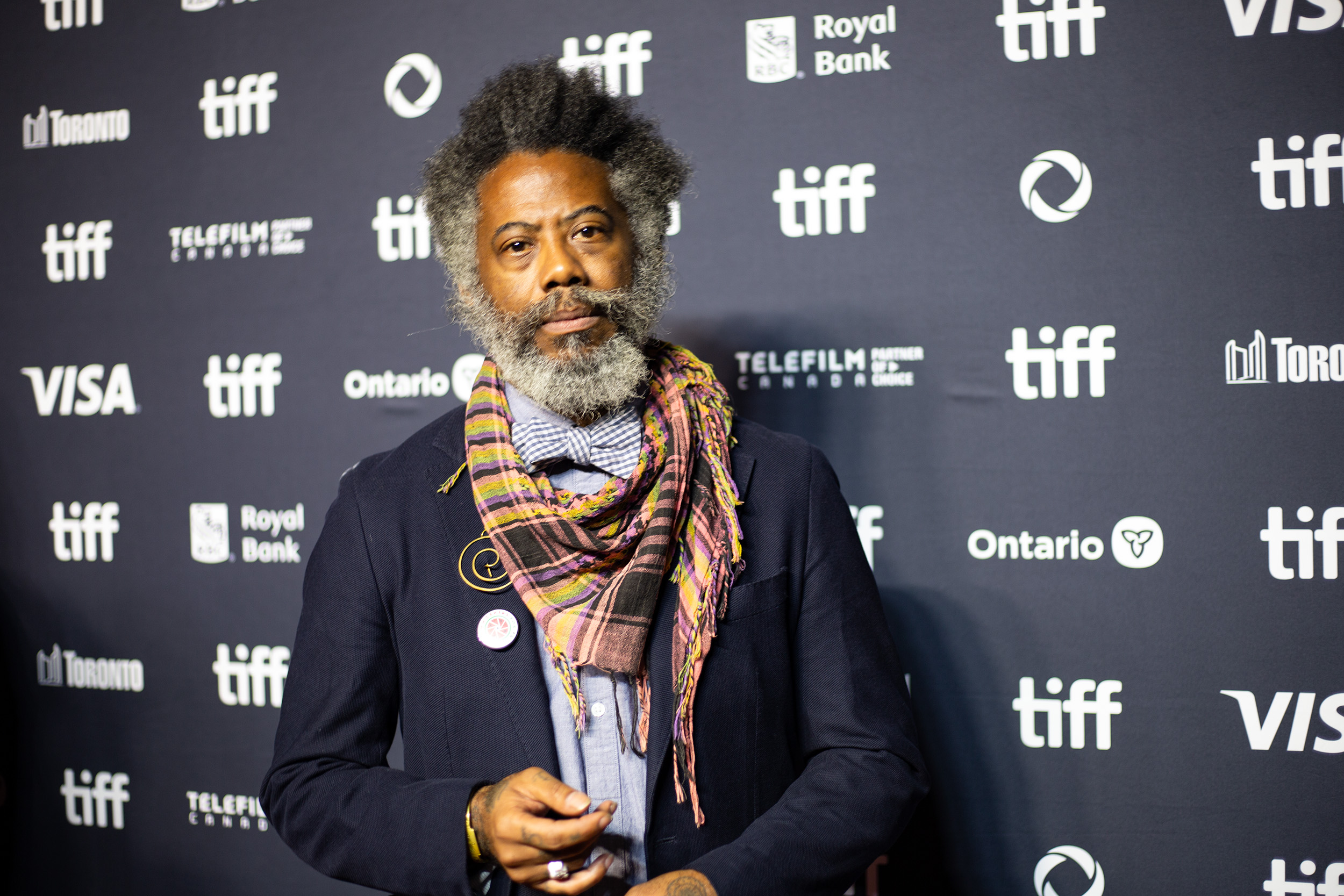
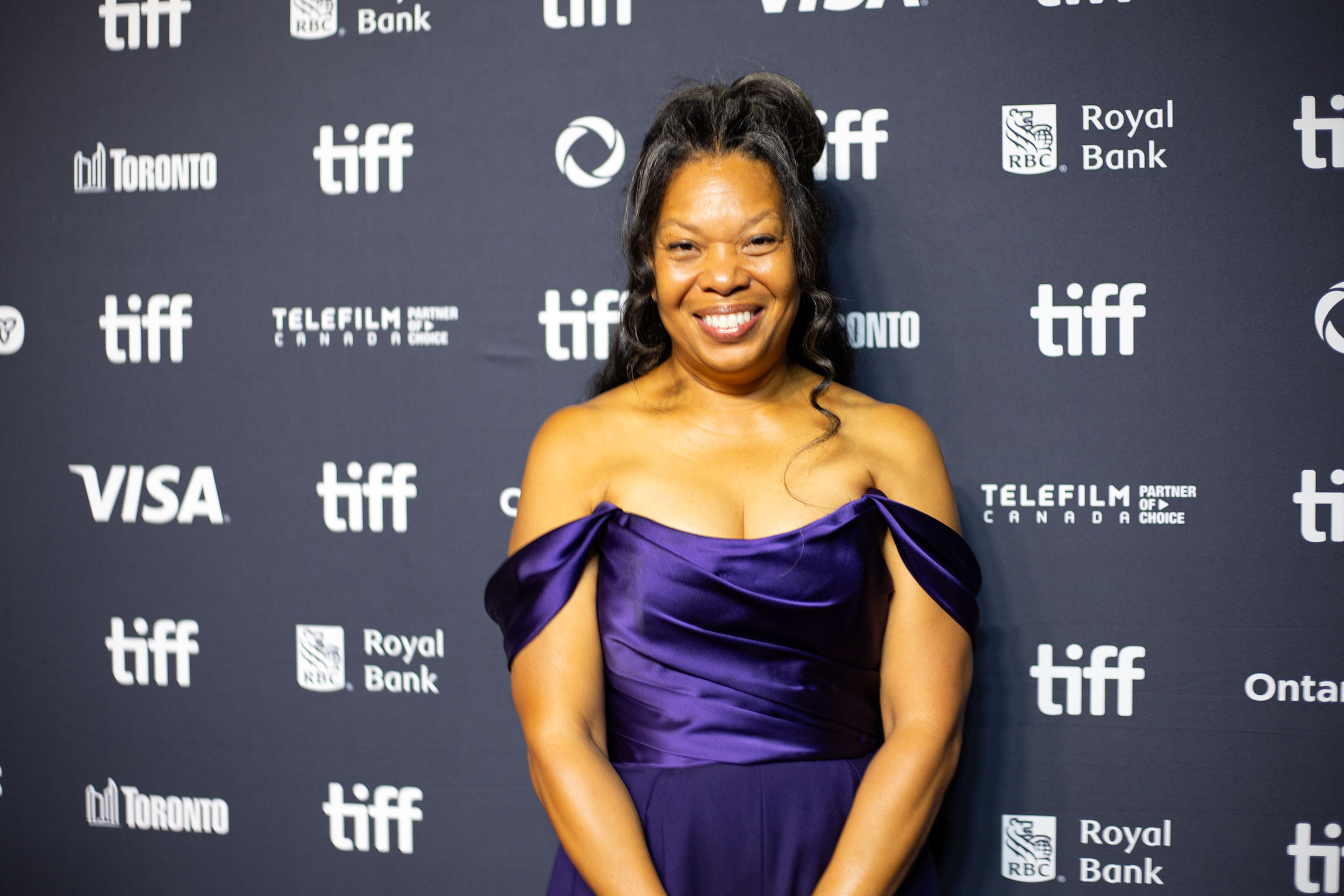
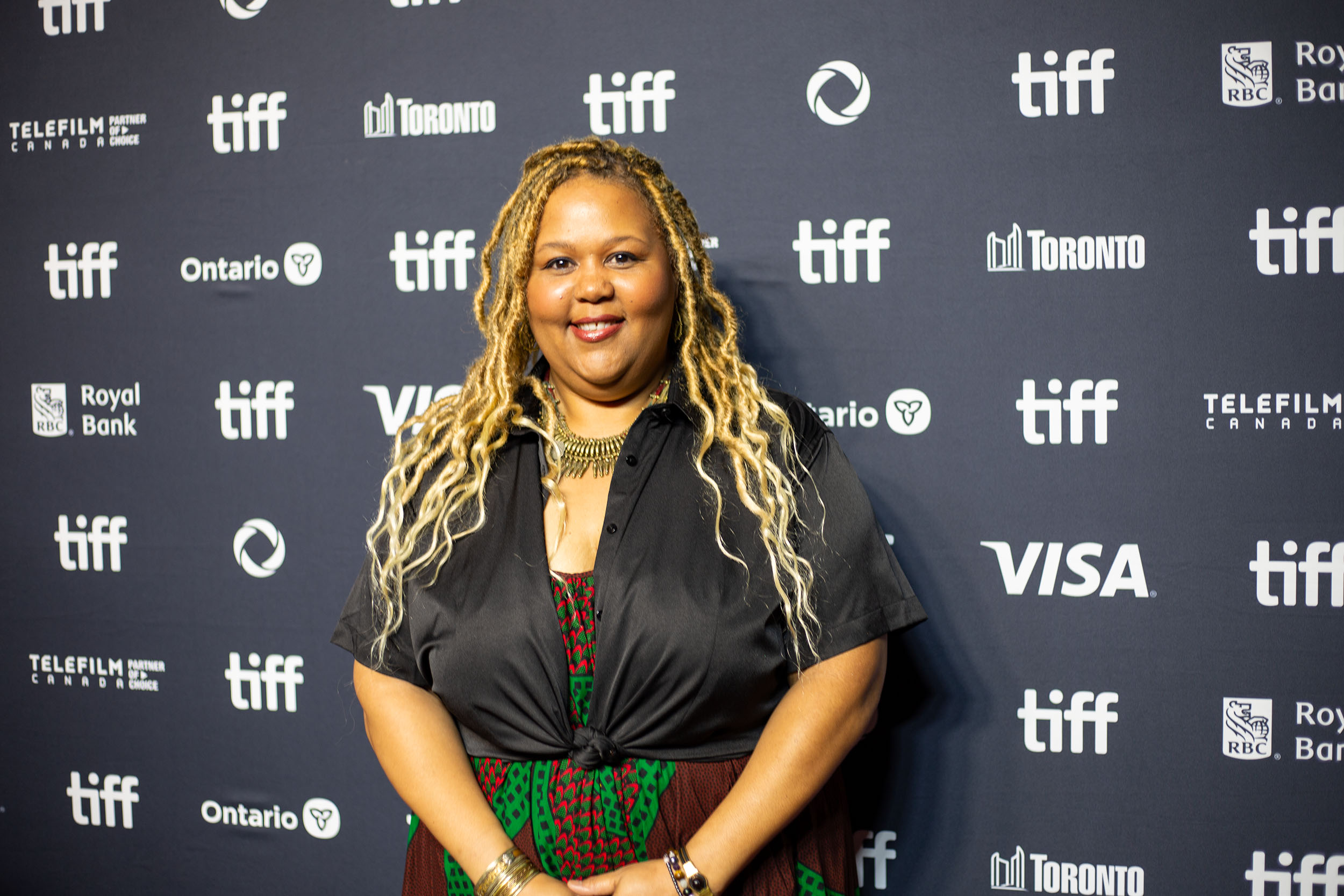
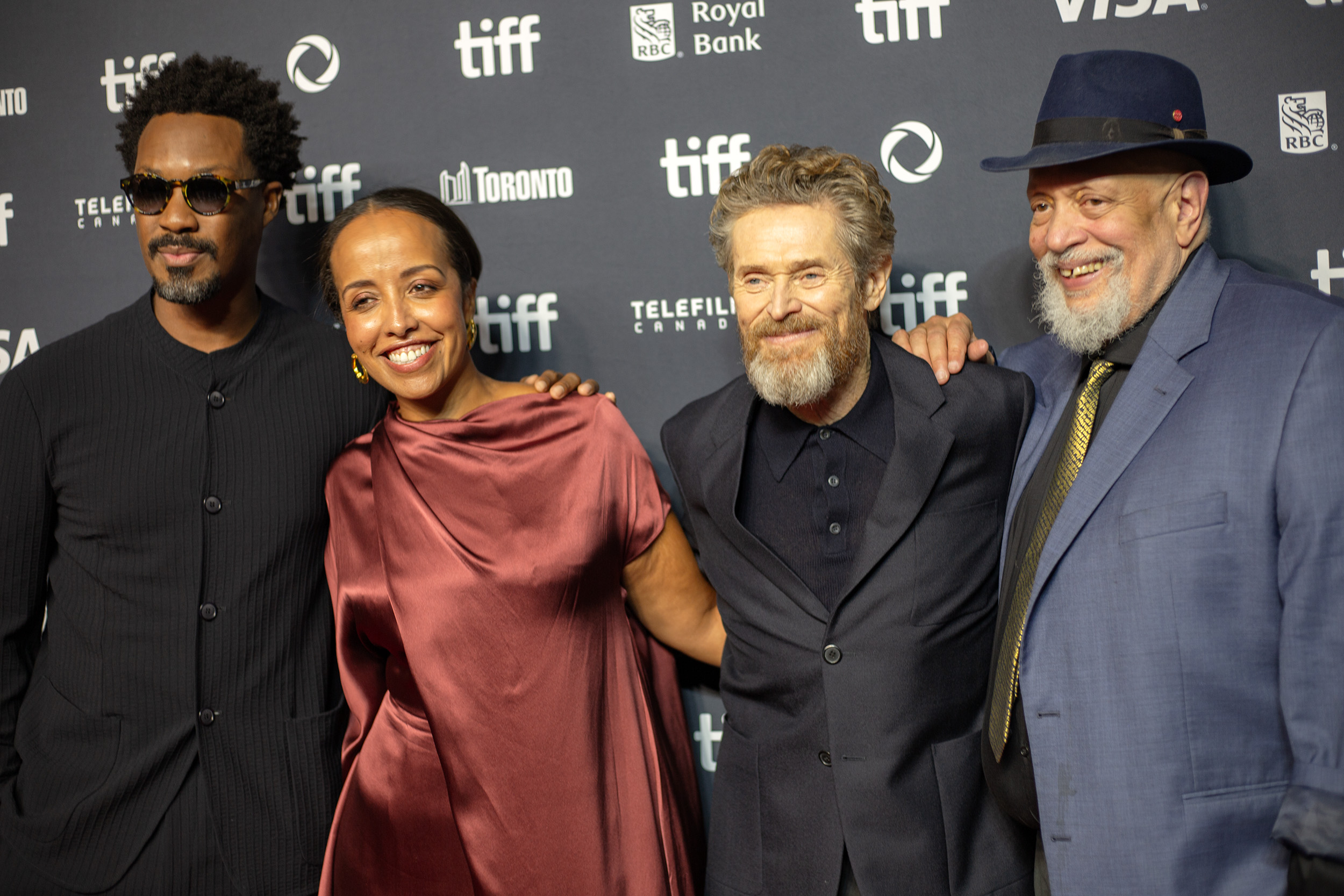
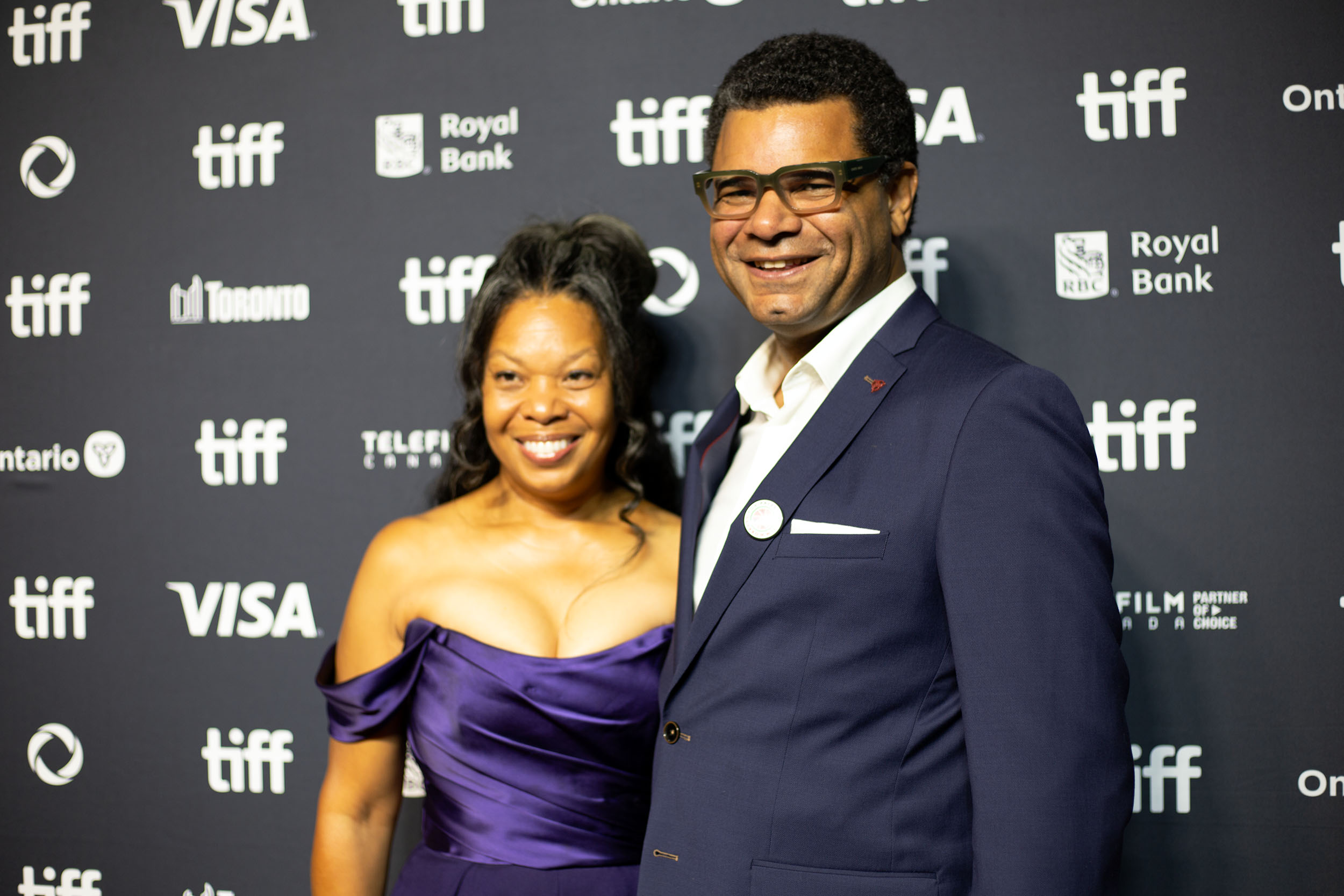






Comments powered by CComment